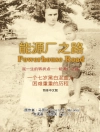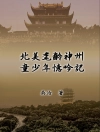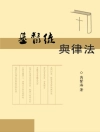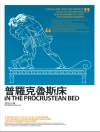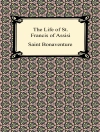Douglas Mac Arthur and Dwight D. Eisenhower brought World War II to a close in decidedly different ways. Was Mac Arthur a vainglorious actor, as some who observed his triumphant ceremony aboard the Missouri concluded? Was Eisenhower as dry and colorless as the ceremony at Reims suggests?
In Mac Arthur and Eisenhower, author Robert Mc Dougall describes how these two very different leaders came to be two of the most important people on earth and what they each did with their fame and leadership potential after the war ended. Mc Dougall details how the careers of both men encompass many of the important events of the first two-thirds of the twentieth century.
Mac Arthur emerges as a brilliant strategist who defeated and rebuilt Japan and saved South Korea, but his egocentric posturing masked the heavy burden he bore aspiring to duplicate the exploits of his illustrious father. Eisenhower comes into focus as a likeable and efficient organizer who always kept his teams working together. He defeated Hitler and, as president, dealt effectively with the numerous challenges of postwar America. Yet, ever the consummate moderate, he may have missed opportunities to reach loftier goals with bold strokes.
Mac Arthur and Eisenhower assesses the leadership styles of these men as they play their roles across the world stage during World War I, the inter-war period, and the Cold War.
About the author
Robert Mc Dougall has taught American history at the high school and college level for forty-seven years. He currently teaches American history at Central Catholic High School, Lawrence, Massachusetts. Mc Dougall is the author of The Agitator and the Politician: William Lloyd Garrison, Abraham Lincoln, and the Emancipation of the Slaves.




